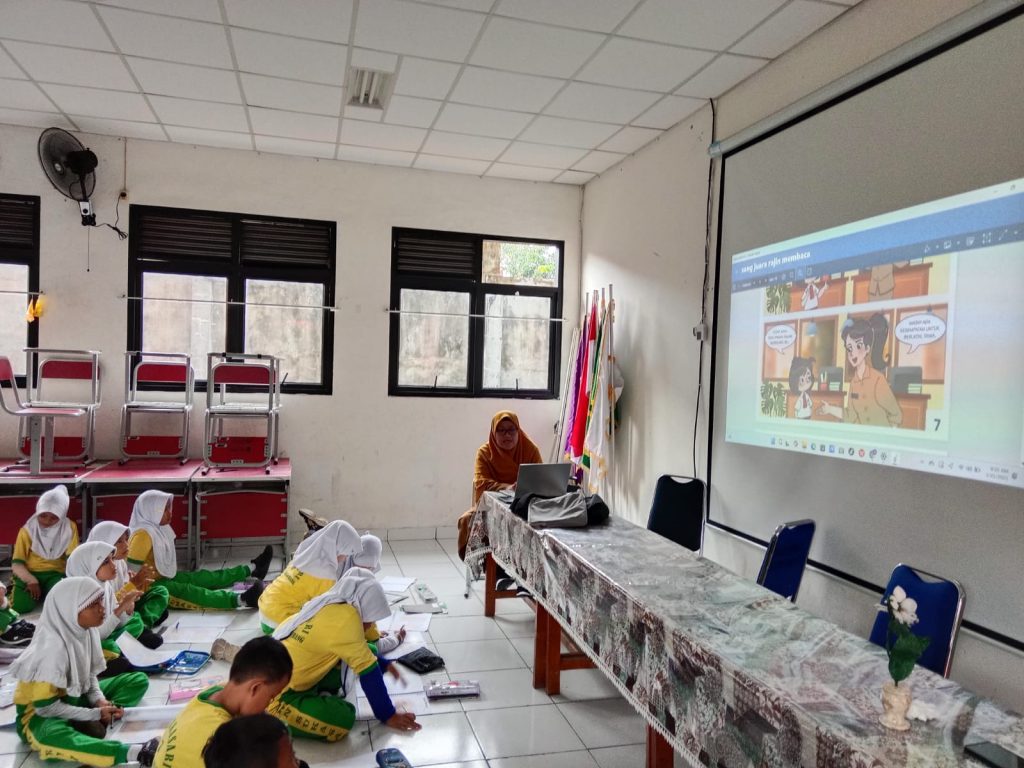
Indonesia is undergoing a pivotal moment in its journey to improve access to quality education for all. While bold reforms and massive investments have been made in recent years, systemic challenges persist—especially in the most remote parts of the archipelago. As policymakers and educators push forward with the vision of a more equitable education system, five key issues have surfaced as national priorities:
1. Unequal Access and Quality Across Regions
Despite significant progress, Indonesia still grapples with deep educational disparities—particularly in 3T regions (terdepan, terluar, tertinggal / frontier, outermost, and underdeveloped areas) and areas outside of Java. Many schools in these locations suffer from:
- Inadequate infrastructure (e.g. internet)
- Limited access to qualified teachers
- Lack of digital tools and resources
These gaps lead to long-term consequences in literacy, learning outcomes, and future opportunities for students. Without targeted policies, the national goal of equitable education remains out of reach.
2. Policy Inconsistency and Curriculum Disruption
Indonesia’s education landscape has seen rapid policy shifts in recent years—Merdeka Belajar, zoning systems, changes in curriculum tracks—all intended to modernize learning. However, local officials report that frequent changes have led to confusion at the regional level and slowed down execution.
Policy stability is critical for long-term impact, and any new regulation must come with adequate support for local implementers.
3. Funding Dilemma: Efficiency vs. Strategic Impact
Budget cuts and shifting national priorities have affected education spending in areas like infrastructure and higher education. While vital programs such as BOS (school operational assistance) and PIP (cash transfers for students) continue, many educators question whether funds are being spent effectively to bring systemic change.
This raises a bigger question: How can limited resources be maximized for transformative, scalable, and equitable outcomes?

4. Systemic Solutions through Inclusive EdTech
One of the most promising opportunities is the hybridization of education—combining online and offline learning through platforms like Kipin. This approach provides:
- Offline learning content for areas without internet
- Access to e-books, videos, and assessments on any device
- Solutions that empower teachers without overburdening them with technical requirements
As part of Indonesia’s 2025–2045 education roadmap, scalable EdTech models like this can unlock digital learning for millions of students.
5. The Teacher Factor: Recruitment, Training, and Recognition
A strong education system relies on great teachers. Yet Indonesia faces a teacher shortage in many regions, made worse by uneven quality and lack of support. The mass recruitment of contract teachers through PPPK is a welcome step, but long-term investment in teacher training, mentorship, and tools is urgently needed.
Empowering teachers with localized content and intuitive technology is key to improving classroom outcomes and boosting morale.
What Should Policymakers Focus On?
- Evidence-based Gaps
By using data to highlight inequality in 3T areas and build support structures based on needs, not assumptions - Policy Evaluation
Analyze how recent reforms are working on the ground and prioritize long-term impact over quick wins - Digital Efficiency
Invest in hybrid platforms that save printing and book costs and streamline digital assessments to reduce time and paper usage - National Roadmap 2025–2045
Align innovations with the long-term goals of inclusive quality education and Learn from global best practices like Finland and Singapore—without blindly copying them
Conclusion
Indonesia has the talent, tools, and intent to transform its education system. What it needs now is policy focus, budget efficiency, and technology that works anywhere—even without internet. This is not just about improving test scores—it’s about empowering every child, teacher, and school to reach their full potential.
It’s time to move beyond device distribution and toward meaningful, measurable learning impact. Want to see how hybrid EdTech like Kipin is changing schools in rural Indonesia?
Contact us
Web : kipin.id
Email : [email protected]
WA Chat : wa.me/6281233601047


